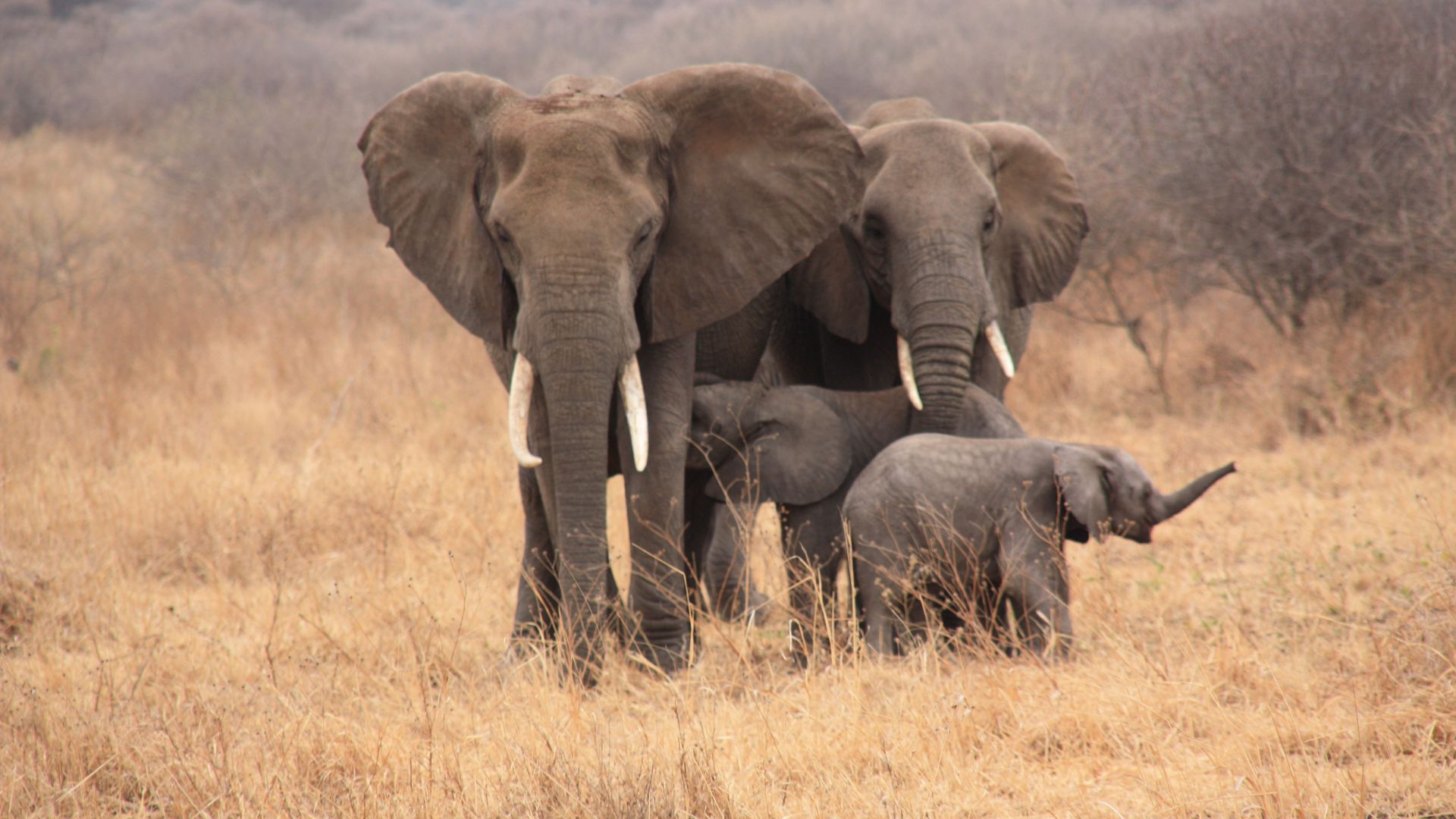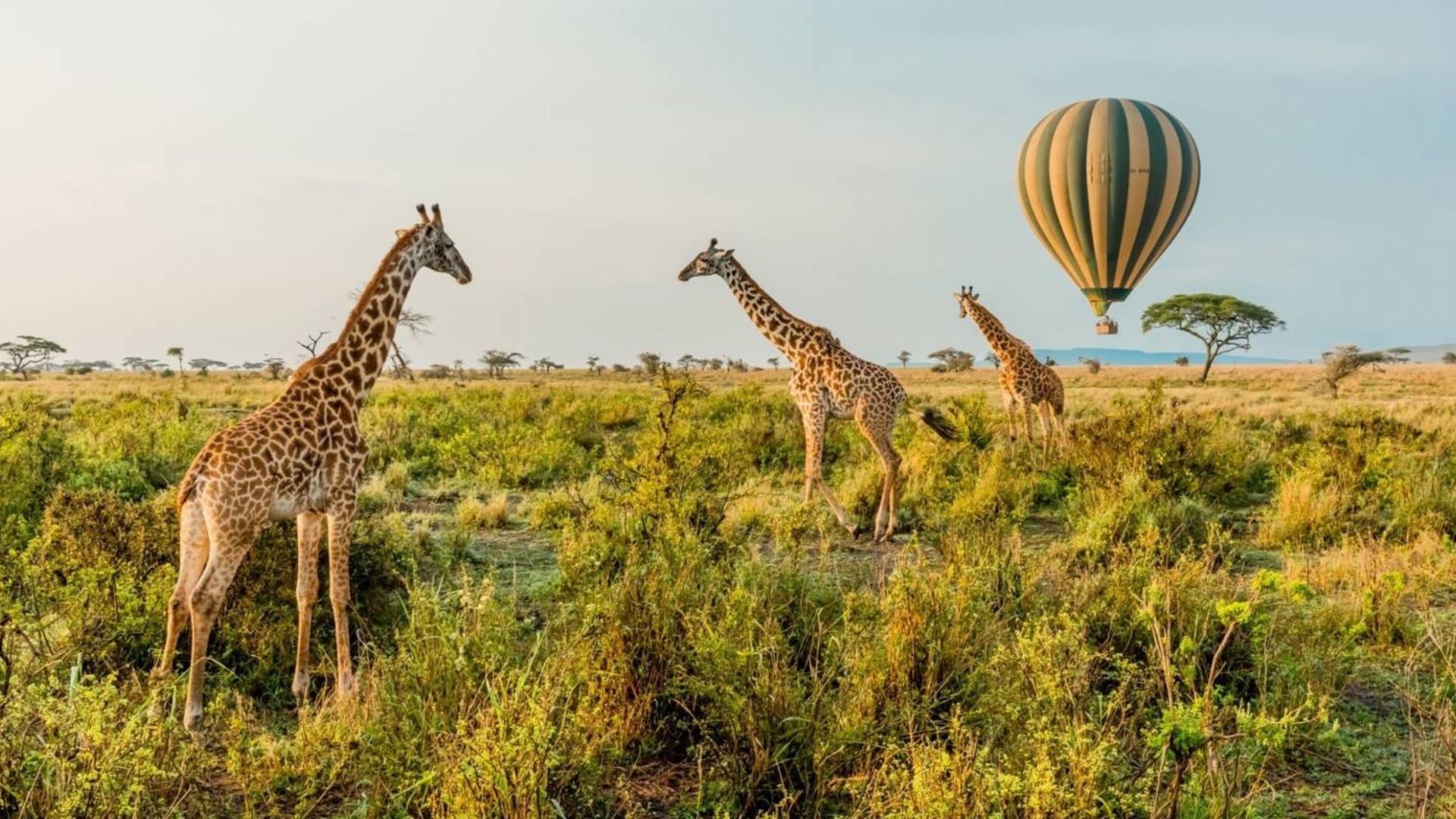How to Make Your Safari Sustainable
Safari adventures are among the most awe-inspiring travel experiences in the world. But as travelers, it’s important to consider the environmental impact of our journeys. East Africa, with its rich wildlife and delicate ecosystems, relies on responsible tourism to maintain its natural beauty. By making your safari eco-friendly, you can enjoy an unforgettable adventure while supporting conservation efforts that protect wildlife and local communities.
- Choose Eco-Friendly Lodges and Camps
Many safari lodges and camps in Kenya, Tanzania, Uganda, and Rwanda now prioritize sustainability. Look for accommodations that use solar power, recycle waste, and source food locally. Eco-lodges often support community projects, which benefits local people and preserves natural habitats. Staying at these properties allows you to travel responsibly while enjoying comfort and luxury.
- Opt for Low-Impact Safari Options
When booking game drives, walking safaris, or boat safaris, choose operators who minimize their environmental footprint. This includes limiting vehicle numbers, avoiding off-road driving in sensitive areas, and following “leave no trace” principles. Smaller groups not only reduce environmental impact but also provide more intimate wildlife experiences.
- Support Wildlife Conservation
A sustainable safari includes contributing to conservation efforts. Many operators donate a portion of tour fees to wildlife protection initiatives, anti-poaching programs, and habitat restoration. You can also participate in activities like tree planting, wildlife monitoring, or educational programs, leaving a positive impact on the regions you visit.
- Respect Local Communities
Responsible travel includes cultural respect. Engage with local communities, purchase handicrafts directly from artisans, and learn about traditions. Avoid activities that exploit animals, such as riding elephants or touching wild animals. Supporting ethical experiences ensures tourism benefits both people and wildlife.
- Reduce Your Carbon Footprint
Plan flights and transportation efficiently, pack light, and consider offsetting your carbon footprint through verified programs. Simple choices like reusable water bottles, minimal plastic use, and eco-friendly toiletries go a long way in reducing your impact on fragile ecosystems.



















